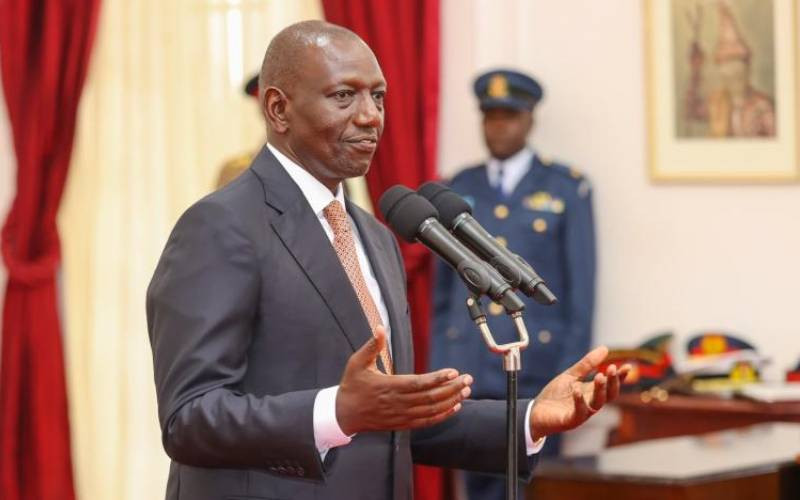
Each year, with unwavering regularity, Kenyans across the nation gather around their radios and television screens, eagerly awaiting the President's State of the Nation address. For some, it's a moment of anticipation, a hope for a glimpse into a brighter future.
Others approach this event with scepticism, expecting little more than recycled promises and an abundance of self-congratulatory speeches. The State of the Nation Address, a cornerstone of Article 132 of the Constitution, requires the President to outline measures and progress in effecting article 10 of the Constitution, which touches on national values, international obligations and the status of the country's national security. Is it a mere ritual, a yearly event that leaves the audience dozing off, serving little purpose beyond political posturing? Or is it a vital tool for democracy, a platform for accountability and a catalyst for national discourse?